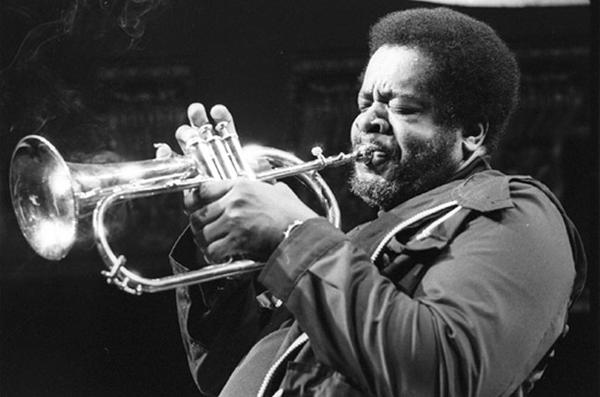Dr. Donald Byrd, born on Dec. 9 in Detroit, gained renown as one of the leading jazz trumpeters in the 1950s and early ’60s. Byrd moved to New York City in 1955 where his pure tone and perfect technique gained him a spot of influence at the heart of the hard bop movement.
Byrd collaborated with most of the jazz greats of his time, including John Coltrane, Thelonius Monk, Sonny Rollins and Art Blakey.
In the ’70s, Byrd stirred up controversy by mixing jazz, funk, rhythm and blues into an avant garde pop hybrid, gaining pop stardom with his 1973 album “Black Byrd.” The album reached 88 in the Billboard Top 100 with “restrained licks (he played both trumpet and fluegelhorn) layered over an irresistible funk groove seasoned with wah-wah guitar and simple repeated lyrics.”
“Then the jazz people starting eating on me,” Mr. Byrd recalled in a 1982 radio interview. “They had a feast on me for 10 years: ‘He’s sold out.’ Everything that’s bad was attributed to Donald Byrd. I weathered it, and then it became commonplace. Then they found a name for it. They started calling it ‘jazz fusion,’ ‘jazz rock.’ ”
A strong supporter of music education, Byrd spent earned a doctorate in education from Teachers College at Columbia University and taught jazz at several universities including Howard, Cornell and Rutgers. His music teachings were fused with math education.
Byrd received a Jazz Masters award by the National Endowment for the Arts in 2000 and passed away in 2013. Learn more here.
Information and quotes from the New York Times.

9(MDA3NDU1Nzc2MDEzMDUxMzY3MzAwNWEzYQ004))
